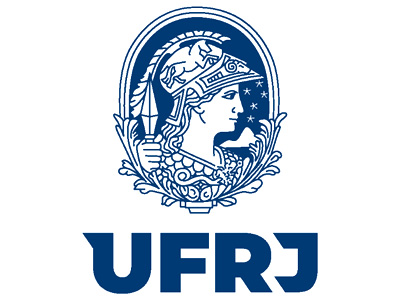
Institutionalized as a federal university in 1979, UNIRIO has its origins in centuries-old schools with a great tradition in Brazil, such as the National Theater Conservatory, the Villa-Lobos Institute, the School of Medicine and Surgery Foundation of Rio de Janeiro, the Alfredo Pinto Nursing School, the Central School of Nutrition, and the Librarianship course at the National Library.
The University has recognized excellence in teaching, research, and extension, with emphasis on the areas of Letters and Arts and Biological and Health Sciences, in addition to strong performance in Human and Social Sciences, Exact Sciences and Technology, and Legal and Political Sciences.
With five campuses located in the city of Rio de Janeiro, UNIRIO has 25 schools, faculties, and institutes, which offer more than 80 undergraduate and graduate courses (lato and stricto sensu), in addition to a university hospital that is a reference in the treatment of patients with HIV. The institution, which brings together more than 25 thousand students, values humanistic, critical, and reflective training, preparing competent and up-to-date professionals for the world of work, for the improvement of society's living conditions, and for the full exercise of citizenship.